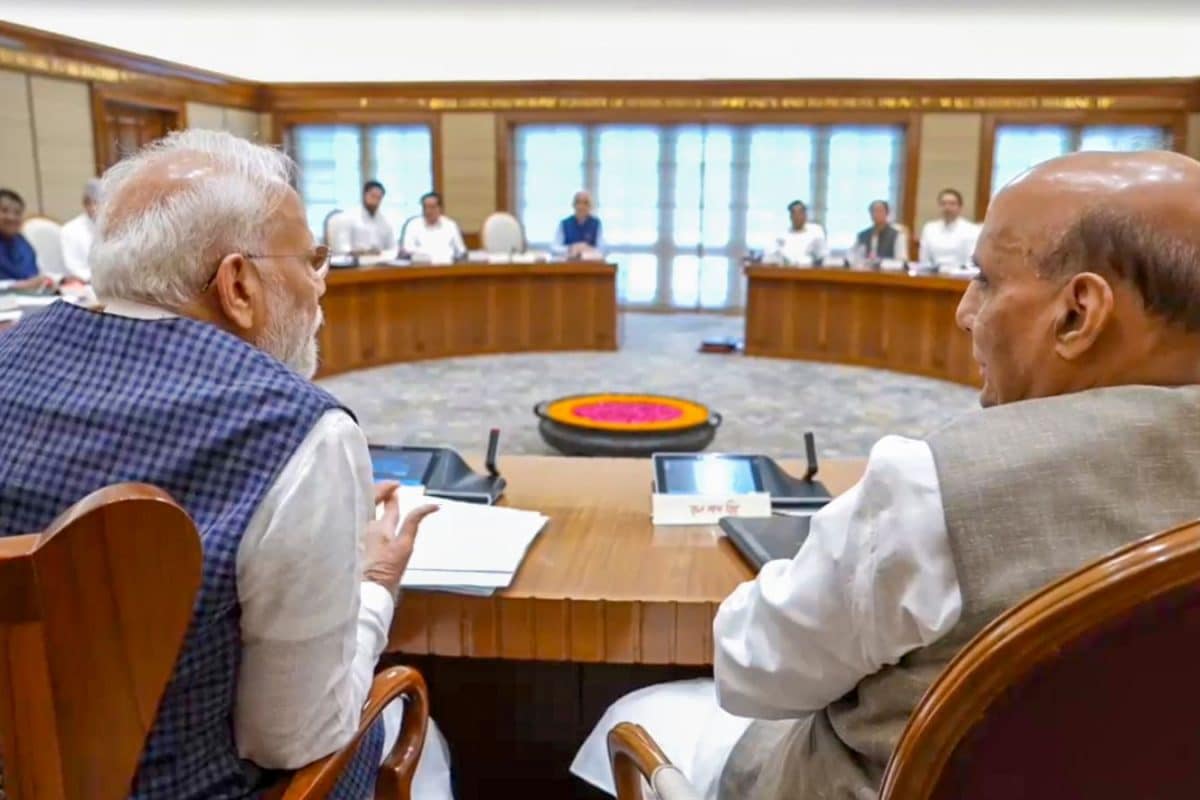

Tensions between India and Pakistan have escalated sharply following a militant attack on tourists in Indian-administered Kashmir last month, which India blames on Pakistan. Islamabad denies the allegations. In response to the attack, India launched what it called "Operation Sindoor," conducting missile strikes on alleged terrorist infrastructure within Pakistani territory and Pakistan-administered Kashmir.
Indian officials stated that the strikes targeted locations used by terror groups like Jaish-e-Mohammed (JeM) and Lashkar-e-Taiba (LeT), aiming to disrupt their operations and prevent future attacks. The Indian Army asserted that the strikes were a measured response, focused on terrorist camps and avoiding Pakistani military installations. However, Pakistan has strongly condemned the strikes, calling them a "blatant act of war" and vowing retaliation. Pakistan's Prime Minister Shehbaz Sharif denounced the attacks as "cowardly" and affirmed Pakistan's right to respond.
Pakistani officials reported that the Indian missile strikes resulted in civilian casualties, with at least 19 people killed and 38 injured. They said that missiles hit multiple locations, including a mosque in Bahawalpur, where several people, including a child, were killed. Pakistan claims to have retaliated by striking Indian military targets and shooting down Indian warplanes, causing casualties. India has not confirmed these claims.
The situation has triggered international concern, with countries urging both India and Pakistan to exercise restraint and de-escalate tensions. China expressed "regret" over India's military actions and called on both nations to prioritize peace and stability. The United Kingdom has offered support for de-escalation efforts and encouraged direct dialogue between the two countries.
The recent events have led to a series of security measures in both countries. The Indian Air Force is conducting routine military exercises near the border. Security drills are being held across various states in India, including Maharashtra, Delhi, and Uttar Pradesh. Schools in border districts have been shut down, and airports have been placed on high alert. Pakistan has also placed its air force on high alert and warned of a response at a time and place of its choosing.
The escalating tensions have raised concerns about the potential for further conflict between the two nuclear-armed neighbors. The absence of bilateral crisis management mechanisms and the spread of misinformation online increase the risk of miscalculations and accidents. Some analysts believe that the current crisis may be harder to control than previous ones due to the lack of direct evidence of Pakistan's involvement in the initial attack and the domestic political situation in Pakistan.